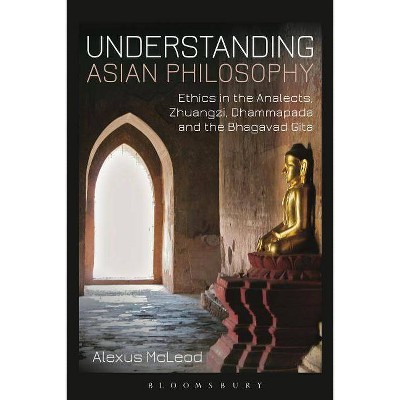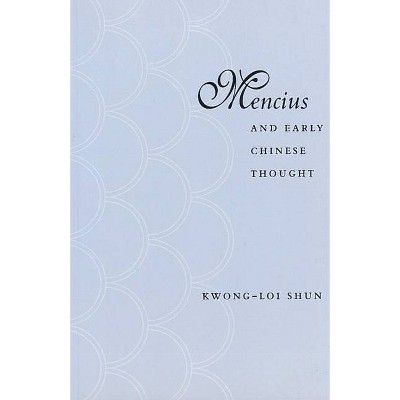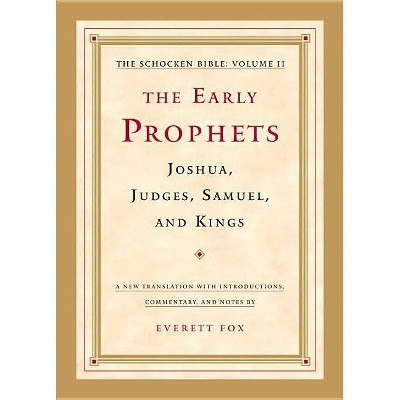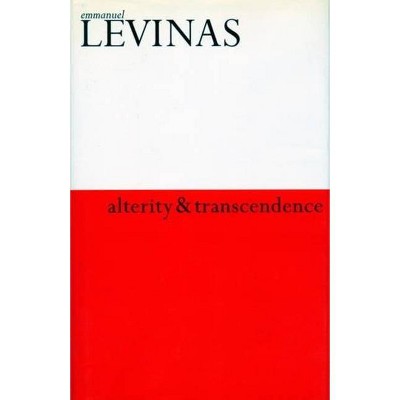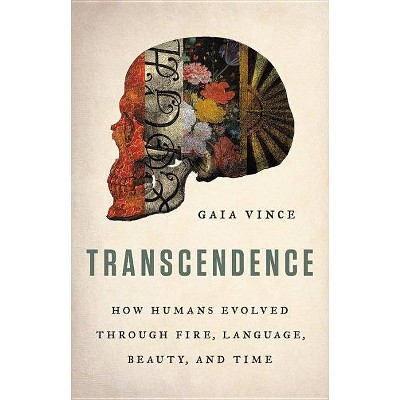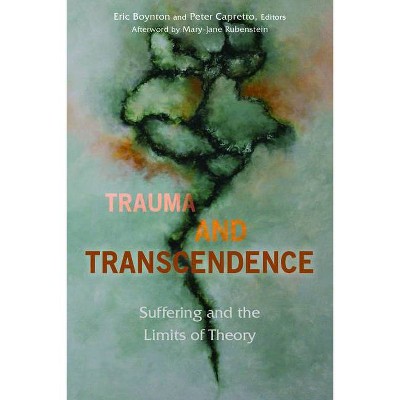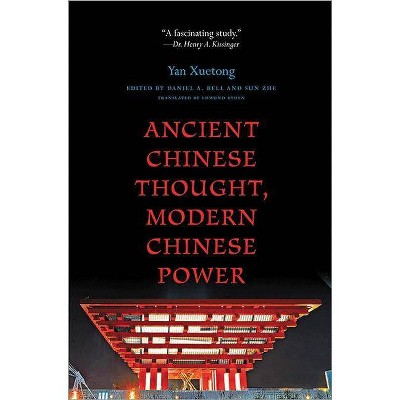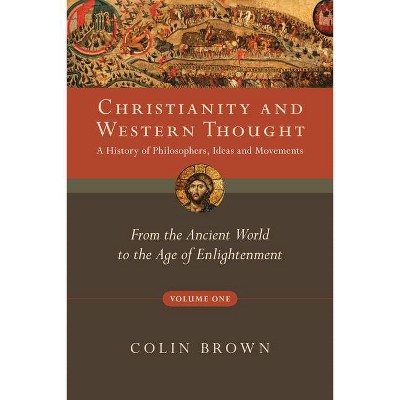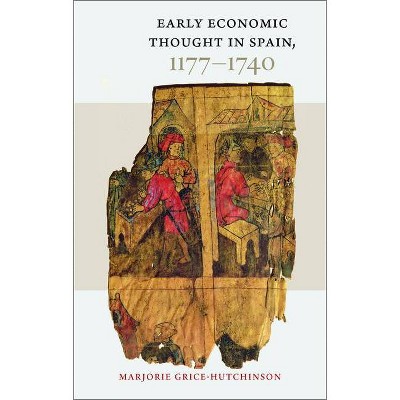Transcendence and Non-Naturalism in Early Chinese Thought - by Alexus McLeod & Joshua R Brown (Hardcover)
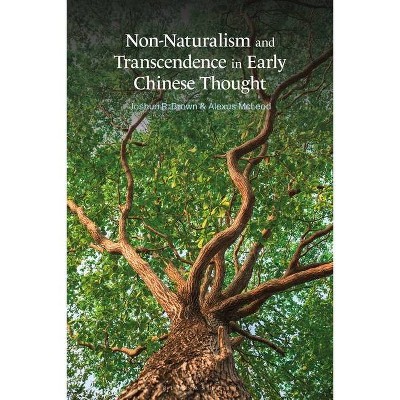
Similar Products
Products of same category from the store
AllProduct info
<p/><br></br><p><b> About the Book </b></p></br></br>"Transcendence and Substance in Early Chinese Thought offers a new account of the history of early Chinese philosophy, as well as a reconsideration of current understandings of early Chinese thought, by focussing on transcendence and substance. These two concepts are sometimes seen as being at odds with naturalist approaches to philosophy. By offering a robust account of early Chinese thought, Alexus McLeod and Joshua R. Brown argue that in fact non-naturalist positions can be found in early Chinese texts, in topics including transcendence, substance, soul-body dualism, and divinity. Moreover, by closely examining a range of early Chinese texts, and providing comparative readings of a number of Western texts and thinkers, this book offers a way of reading early Chinese Philosophy as consistent with the religious philosophy of the East and West, including the Abrahamic and the Brahmanistic religions. Co-written by a philosopher and theologian, this book draws out unique insights into early Chinese thought, highlighting in particular new ways to consider a range of Chinese concepts, including tian, dao, qi, xing, and win"--<p/><br></br><p><b> Book Synopsis </b></p></br></br>Contemporary scholars of Chinese philosophy often presuppose that early China possessed a naturalistic worldview, devoid of any non-natural concepts, such as transcendence. Challenging this presupposition head-on, Joshua R. Brown and Alexus McLeod argue that non-naturalism and transcendence have a robust and significant place in early Chinese thought. <br/> <br/>This book reveals that non-naturalist positions can be found in early Chinese texts, in topics including conceptions of the divine, cosmogony, and apophatic philosophy. Moreover, by closely examining a range of early Chinese texts, and providing comparative readings of a number of Western texts and thinkers, the book offers a way of reading early Chinese Philosophy as consistent with the religious philosophy of the East and West, including the Abrahamic and the Brahmanistic religions.<br/><br/>Co-written by a philosopher and theologian, this book draws out unique insights into early Chinese thought, highlighting in particular new ways to consider a range of Chinese concepts, including <i>tian</i>, <i>dao</i>, <i>li</i>, and <i>you/wu.</i><p/><br></br><p><b> Review Quotes </b></p></br></br><br>Challenging the popular scholastic view that early Chinese thinkers lacked non-naturalistic concepts, Brown and McLeod robustly demonstrate the importance and varied ways of non-naturalist and transcendental concepts in early China, presenting an invaluable contribution to the field of Chinese philosophy and comparative philosophy.<br/>Jinhua Jia, Chair Professor of Humanities, Yangzhou University, China<br><p/><br></br><p><b> About the Author </b></p></br></br><p><b>Alexus McLeod</b> is Associate Professor in Philosophy and Asian/Asian American Studies at the University of Connecticut, USA. He has published numerous books and articles in Chinese and Comparative Philosophy. <i>Theories of Chinese Philosophy</i> (Rowman and Littlefield International) has appeared in print, and <i>Philosophy of the Ancient Maya: Lords of Time</i> is forthcoming (Lexington Books). <p/><b>Joshua R. Brown</b> is Assistant Professor in Theology at Mount St. Mary's University, USA. He has published several articles in the fields of comparative and systematic theologies, focusing on Confucian Philosophy in the Pre-Qin through Han periods. He has articles forthcoming in <i>Theological Studies</i>, <i>The Heythrop Journal</i>, <i>Pro Ecclesia</i>, and <i>Nova et Vetera</i>.</p>
Price History
Price Archive shows prices from various stores, lets you see history and find the cheapest. There is no actual sale on the website. For all support, inquiry and suggestion messagescommunication@pricearchive.us
